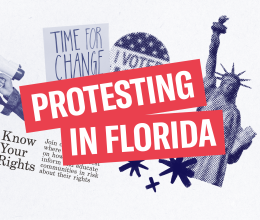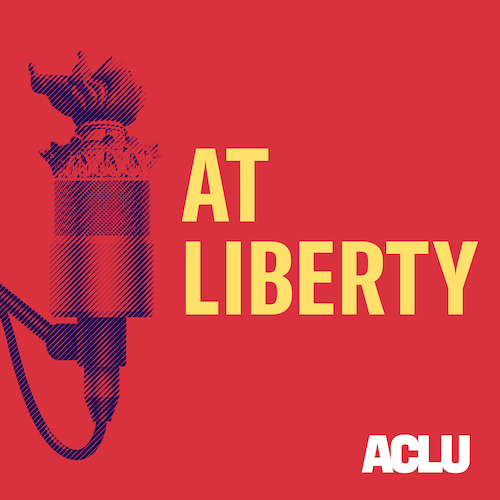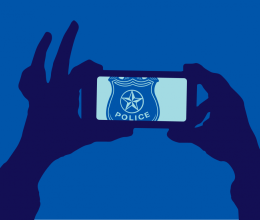
Sheriff Kristin Graziano’s historic election showed widespread community support for the need to reimagine public safety in Charleston County, South Carolina — including the need to invest in people and communities instead of police and incarceration. Sheriff Graziano is moving forward with her commitments to reduce the size, scope, and role of the Charleston County Sheriff’s Department, starting with ending the department’s 287(g) agreement with Immigration and Customs Enforcement. She joined our podcast this week to discuss this choice, and the work ahead.
As Sheriff Graziano takes these steps to build a more accountable department, a corresponding movement has gained strength to reimagine public safety in the City of Charleston.
Today in Charleston, nearly one-third of the city’s residents face “shelter poverty” — meaning they can’t afford basics like food, clothing, or transportation after paying to keep a roof over their heads. Charleston residents face an array of challenges: high housing costs force people to forgo other basic needs, pedestrians and cyclists face one of the highest fatality rates in the country, mental health and substance use treatment services are sorely lacking, and gentrification is pushing Black and Brown communities out of our once diverse city at lightning speed.
Yet instead of investing in solutions to these pressing public safety needs, the city is pouring 26 percent of all city budget funds into the Charleston Police Department. This is despite the fact that 86.2 percent of recent arrests were for nonviolent, largely low-level offenses like marijuana possession or open alcohol containers. Further, these arrests were carried out with a staggering racial bias.
The real world harms of this budget decision are compounded by the history of racist policing in Charleston. As Sheriff Graziano herself notes, America’s first police force was established in Charleston, created by white people to maintain control over Black enslaved people living inside the city. It was a slave patrol. Since that time, policing in Charleston has continued its role as a tool to oppress Black communities, from enforcing convict leasing, Jim Crow laws, and the war on drugs, to violently repressing the movement for Black lives.
In response to this crisis, a diverse coalition of Charleston-based organizations, including the ACLU of South Carolina, came together to form the Charleston People’s Budget Coalition. The coalition’s mission is to establish an equitable city budget, eliminate poverty and racial disparities, and shift power to create true accountability with city officials. Coupled with the changes to the Charleston County Sheriff’s Department, this community-led advocacy has the potential to turn Charleston into a model for reimagining public safety.






